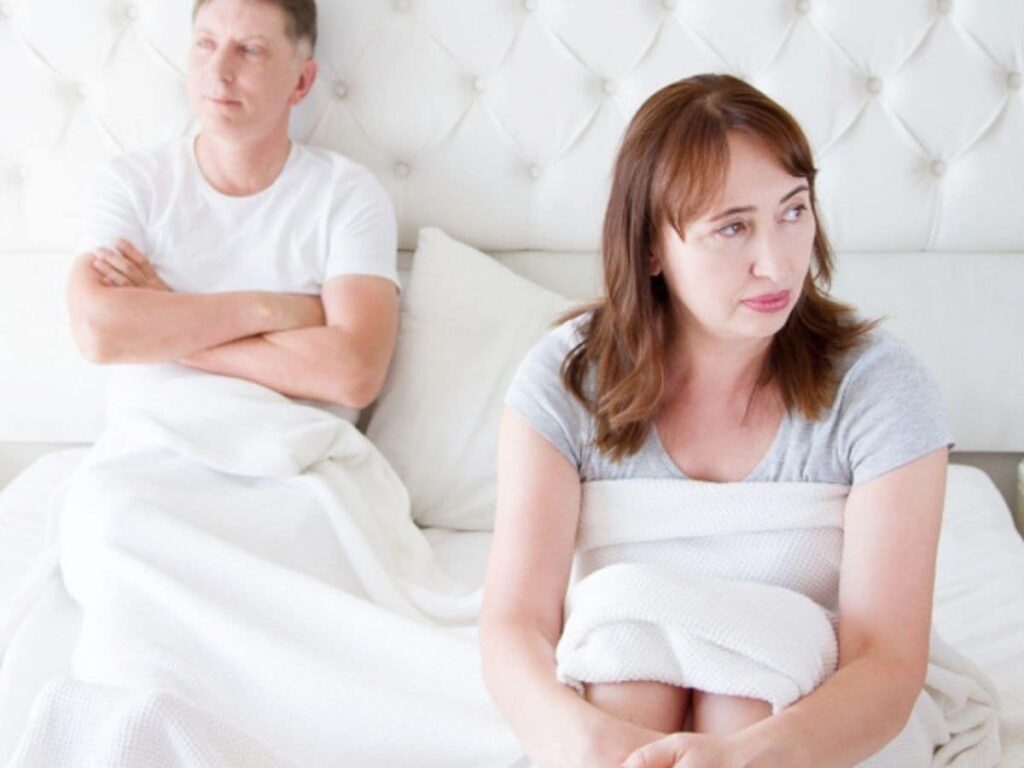Menopause is a natural phase in a woman’s life that signifies the end of her reproductive years. This transition can bring about various physical and mental changes, significantly impacting a woman’s sexual health and desire. Understanding menopause and its effects on sexuality is essential for women to navigate this stage of life with confidence and well-being.
Understanding Menopause
Menopause typically occurs between the ages of 45 and 55, with an average onset around 51 years. It is characterized by the cessation of menstruation for 12 consecutive months, marking the end of ovarian function. The hormonal fluctuations during this period can lead to a range of symptoms.
Common Symptoms of Menopause
- Hot flashes
- Night sweats
- Emotional changes (mood swings, anxiety)
- Sleep disturbances
- Changes in libido
- Vaginal dryness
- Decreased energy levels
The Impact of Menopause on Sexuality
As women go through menopause, hormonal changes, particularly the decline in estrogen levels, can lead to various sexual health issues.
Decreased Libido
Many women experience a reduction in sexual desire during and after the menopausal transition. This decrease can be attributed to hormonal changes, changes in physical appearance, and various psychological factors.
Physical Changes Affecting Sexual Health
Menopause can cause several physical changes that affect sexual health, including:
| Physical Change | Impact on Sexuality |
|---|---|
| Vaginal Dryness | Can lead to discomfort during intercourse, affecting sexual desire. |
| Pelvic Floor Weakness | May result in incontinence and can hinder sexual activity. |
| Loss of Elasticity | Changes in vaginal tissue can result in less sensitivity and arousal. |
Managing Sexual Health During Menopause
Maintaining a fulfilling sexual life during menopause is possible with the right approach. Here are some strategies:
- Communication: Open dialogues with partners about feelings, desires, and concerns are crucial.
- Lubricants: Water-based lubricants can address vaginal dryness and create a more comfortable experience.
- Consulting Healthcare Providers: Professional advice can provide options such as hormone replacement therapy (HRT) or other treatments tailored to individual needs.
- Engaging in Regular Physical Activity: Exercise can enhance mood and boost libido.
- Mental Health Support: Therapy or counseling can help cope with emotional changes and stress associated with menopause.
Conclusion
Menopause is a significant life transition that can profoundly affect a woman’s sexual health and desire. While these changes can be challenging, understanding what to expect and how to manage symptoms can empower women to maintain a satisfying sexual life. By prioritizing communication, seeking appropriate treatments, and focusing on overall well-being, women can continue to enjoy intimacy and connection with their partners during and after menopause.
